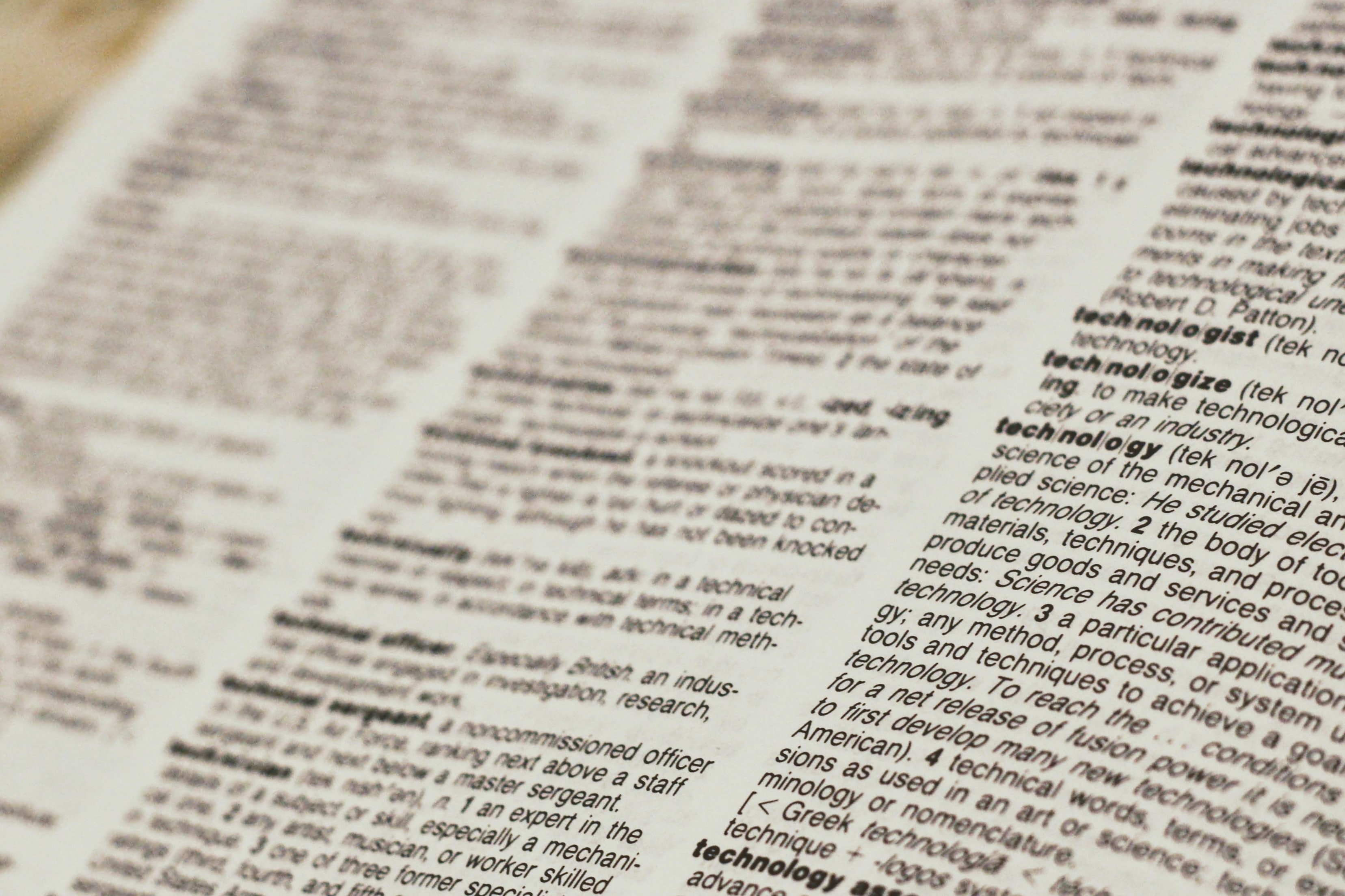Do you ever find yourself putting off an important task over and over for what feels like no reason? You start doing something else and before you know it, it is the end of the day and you freak out? This behaviour is known as procrastination. However, what does procrastination even mean? Why do we procrastinate? How does it work exactly? Despite being such a widely known and commonly used term, procrastination can be quite confusing.
Dictionary definition

Merriam Webster defines the word “procrastinate” as “to put off intentionally and/or habitually”. This word is derived from the Latin word “procrastinatus” which means “to put off until tomorrow” and comes from “pro” for “forward” and “crastinus” for “tomorrow”. However, when referred to in day-to-day scenarios, procrastination is often viewed in a negative light.
Negative connotations

The word “procrastination” has many negative connotations associated with it when used in everyday speech. This behaviour is almost always seen as a bad habit. Most of the time, people use the term as a synonym for laziness even though the two are completely different. Laziness talks about inactivity or not wanting to spend time and energy on a task. Procrastination, on the other hand, is when you choose to put off a certain task and do other tasks in its place. This can be due to many reasons.
Laziness?

The difference between the two is intention. A procrastinator and a lazy person both lack the motivation to do a certain task. However, the lazy person does not intend to work on the task in the first place while the procrastinator means to spend the energy on the task but is delaying it for whatever reason. A procrastinator wants to work on tasks that eventually allow them to accomplish them, or try to, when the deadline is close. On the other hand, lazy people lack the willingness to work in the first place.
Time management?

Procrastination is also commonly compared to the ability to manage time. Furthermore, many solutions to procrastination are related to planning time out better. It is true that you can work on reducing procrastination through the usage of proper time management but poor time management is not always the only cause behind procrastination.
But why?
So why do we procrastinate? What are the causes behind it? Procrastination is most often caused by lack of motivation, perfectionism, fear of failure among other reasons. Most procrastinators do not deal with poor time management or laziness. They have other reasons for avoiding a specific task instead
It is basically a fight between the limbic system and the prefrontal cortex in the brain. The limbic system contains the pleasure center and the prefrontal cortex is concerned about planning and decision making. The two clash when an unwanted task comes up. If the limbic system wins, and it often does, it results in procrastination.
Do deadlines matter?

If a deadline is involved, a procrastinator can put in effort and work when the deadline comes close. They can portray an amazing work ethic and determination when they are concerned about time.
However, when talking about tasks with no deadline, procrastination can be a lot sneakier and a lot more dangerous. For example, if you are working on eating healthier or going to the gym more, you do not have a deadline, so you can delay it for long periods of time without panicking about it and attempting to work on it.
So how do you stop it?
There are many ways to prevent procrastination. Recognizing and admitting that you are procrastinating is a great start. Breaking the task into smaller tasks allows you to set milestones which makes it easier for you to finish it. Creating a dedicated study space can help as there are little to no distractions stopping you from working on a task. Asking someone to check on you periodically works great. It produces a subconscious expectation to do the task before the person checks on you to avoid disappointment. Keeping a simple to-do list can work wonders too.
What did we learn?
Procrastination is a commonly mistaken and misused word. Nonetheless, it is pretty easy to work on if you are aware of what it is. Learning about how it compares to other concepts like laziness and time management helps to realize what procrastination actually means and thinking about how the brain works when procrastinating is fascinating to think about. Figuring out various ways to reduce procrastination will benefit you in preventing incomplete or rushed tasks, panicking, and anxiety. Procrastination can be quite confusing but with knowledge and a bit of help from others, it can be reduced and ultimately prevented.
Sources
Lieberman, Charlotte. “Why You Procrastinate (It Has Nothing to Do With Self-Control).” The New York Times, The New York Times, 25 Mar. 2019, www.nytimes.com/2019/03/25/smarter-living/why-you-procrastinate-it-hasnothing-to-do-with-self-control.html
Urban, Tim. “Inside the Mind of a Master Procrastinator.” TED, www.ted.com/talks/tim_urban_inside_the_mind_of_a_master_procrastinator?language=en
Burton, Neel. “What’s the Difference Between Procrastination and Laziness?” Psychology Today, Sussex Publishers, 5 May 2015, www.psychologytoday.com/ca/blog/hide-and-seek/201505/whats-the-difference-between-procrastination-and-laziness
“Time Management.” Encyclopædia Britannica, Encyclopædia Britannica, Inc., www.britannica.com/topic/time-management
“Procrastination and Task Avoidance.” Google Books, Google, https://books.google.ca/bookshl=en&lr=&id=Lu4r0H_wcVcC&oi=fnd&pg=PA1&dq=procrastination+and+laziness&ots=iXhq7FrdN&sig=wVJLGUl5Rddz8lyrXu6ub37U4U4#v=onepage&q=procrastination%20and%20laziness&f=false
“Procrastination.” Merriam-Webster, Merriam-Webster, www.merriam-webster.com/dicti
onary/procrastination?src=search-dict-box#other-words
the Mind Tools Content Team, et al. “How Can I Stop Procrastinating?: Overcoming the Habit of Delaying Important Tasks.” Procrastination – How Can I Stop Procrastinating? with MindTools.com, www.mindtools.com/pages/article/newHTE_96.htm#:~:text=Procrastinati
on%20is%20often%20confused%20with,and%20an%20unwillingness%20to%20act
Swanson, Ana. “The Real Reasons You Procrastinate – and How to Stop.” The Washington Post, WP Company, 29 Apr. 2019, www.washingtonpost.com/news/wonk/wp/2016/04/27/w
hy-you-cant-help-read-this-article-about-procrastination-instead-of-doing-your-job/
“Why Do Students Procrastinate? Causes & Tips.” Oxford Learning, 2 Oct. 2019, www.oxfordlearning.com/why-do-kids-procrastinate/
Rampton Productivity Monday, John. “The Science Behind Procrastination and How You’ll Beat It.” Calendar, 13 Aug. 2019, www.calendar.com/blog/science-behind-procrasti
nation/ Reviewed by Neurosurgery July 28, 2015. “The Science Behind Procrastination & How to Overcome It.” UPMC HealthBeat, 29 Aug. 2018, https://share.upmc.com/2015/07/the-scien
ce-behind-procrastination/




